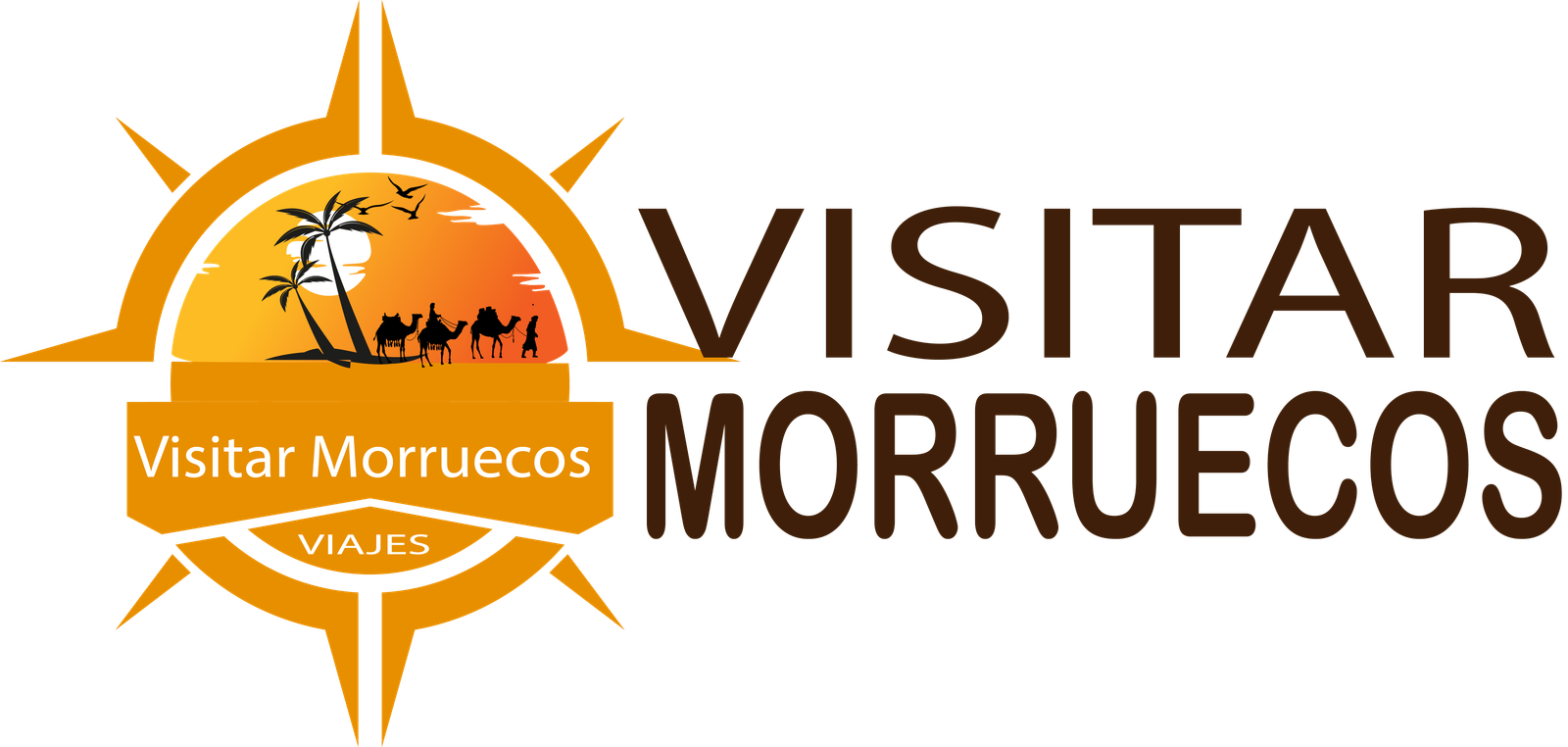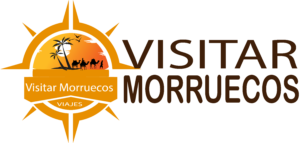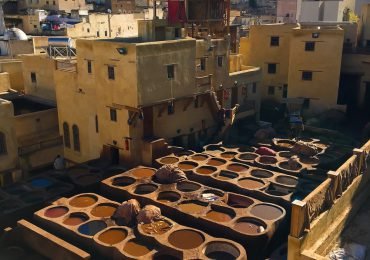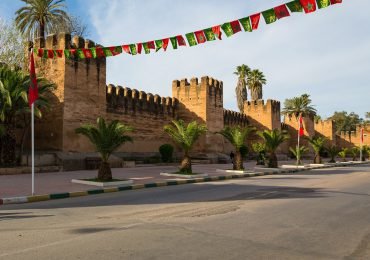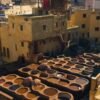Important Things to Consider Before Traveling to Morocco
Important Things to Consider Before Traveling to Morocco
Morocco is an ideal vacation destination for any type of traveler, as the country offers something for everyone. One of the unique aspects of a Morocco vacation is that you can experience both the ancient, historic side of the country and the modern, cosmopolitan one. With almost every town having an old medina and a new section, you don’t have to go far to enjoy both the past and present. Whether you want to relax on the beach, explore the vast Sahara desert, or indulge in some shopping, Morocco has plenty of treasures to discover.
However, there are a few things to keep in mind before visiting Morocco, such as:
Proper Attire:
While men have more flexibility in what they wear, women should dress conservatively in Morocco. Although some travelers may dress freely, it’s advisable for females to cover up to avoid unwanted attention. When entering mosques, it’s important to cover your wrists and ankles. Wearing a light headscarf, particularly in crowded areas, is a sign of respect for Moroccan culture. Women should keep a shawl or scarf handy during their visit to Morocco.
Money Matters:
Most established stores accept credit cards, but small markets, taxis, and street vendors may not. Make sure to have local currency on hand.
The Moroccan Dirham exchanges for approximately 9.6 Dirhams per 1 USD or ten for one euro.
Haggling:
If you plan to shop in the medinas or on the street, bargaining is a crucial part of Moroccan culture. Everything is negotiable, even bottled water in some stores. You’ll need to negotiate the internet price at mobile stores. With some bargaining skills, you can usually buy items for at least 25-50% less than the initial price. Before you start the negotiation process, know what you’re willing to pay and walk away if you can’t get the deal you want. The seller may call you back and offer a better price.
Language:
Moroccans speak a mix of Berber, Arabic, English, and French. English is widely spoken in most larger cities, but a translator may be necessary in rural areas.
